Many of us in small picturesque towns like Cape May are, for some reason, of above average intelligence. Some of us have been here for generations and have been loving and contributing to the area forever. A number of us are baby boomers who settled here after weathering the sixties. People keep coming, with stars in their eyes because they see the town for what it is or could be - a little piece of heaven, a great place to pitch stakes and earn a livelihood. Whether we’re idealists who want to settle into paradise or the black sheep of our families, - eschewing cities, suburbs and tangled roots to plant morning glories by the seashore and escape into small town life – whoever we are and any way we got here, many of us are mighty smart, and full of longings still.
We’re all growing older together, and we all benefit from introspection about our lives and the currents of time that bring us to the present. Many local residents travel far and wide. If we had a huge world map at City Hall, and everyone rigged up thumbtacks and strings to show the towns they travel to each year, we would have an astounding tangle of strings: our beautiful minds working together.
We can always learn from others who have gone before us in other places and other times. One man in our last century who had an astonishingly clear sense of place in time and history, and a breathtaking eloquence to portray it was Giuseppe di Lampedusa. He was a Sicilian nobleman who died in 1957. Before he died, at the age of 60, he wrote his one and only book, The Leopard.
It is this book which has brought me out of years of intellectual lethargy and seclusion. This is not really a book review, but an exhortation and a trust that those of you who are thirsting for a phenomenal read will just go to Amazon.com or wherever you go, and thrill, as I have, to this piece of writing.
The story, as you might guess, is timeless. Although it’s been called Italy’s Gone With the Wind, it’s not: it’s short and easy to read. It’s very funny. The setting is Sicily in the 1860’s, during the unification of Italy and the death of the aristocracy. It’s written from the point of view of a Sicilian prince who, with great good humor, comes gracefully to peace with the losses and disappointments in his life.
The man is in touch, well-integrated. He has it together as a contributing member of society, well-respected, in good standing with the church and the state. He is an amateur astronomer, and ponders the celestial spheres through the telescopes in his study. Although his family is not turning out to be quite up to snuff, he doesn’t dwell on his disappointments, it’s not his nature. He delights in his adopted nephew, Tancredi, a budding revolutionary working against him, who captivates, enthralls, enchants, and loves his uncle and all those in his sphere. Although the Prince’s own daughter is in love with Tancredi, she is homely and cannot compete with the beautiful Angelica, and even the Prince does not begrudge his nephew the charms of Angelica.
On a nighttime carriage ride with his priest (as he goes to visit his mistress), the Prince observes the rebel bands at their small bonfires outside the city and realizes calmly “that perhaps Tancredi was beside one of those ill-omened fires, his aristocratic hands throwing on sticks being burned to damage just such hands as his.” The writing, as all of those English majors living here in the community could attest, is superb.
To read this book can be like lifting an illuminated manuscript into your hands and becoming intoxicated by your own understanding. All of the political, community, family and personal issues so brilliantly wrought here will ring true today with the most satisfying clarity. And I hope this book can edify, humor, and comfort many of us, cast now on our various shores.
Subscribe to:
Post Comments (Atom)


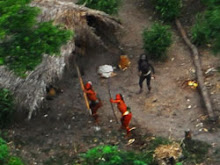









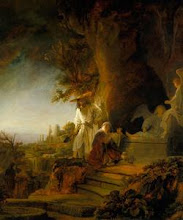










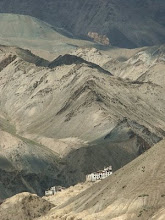

























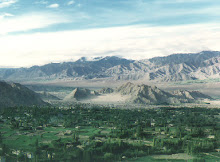
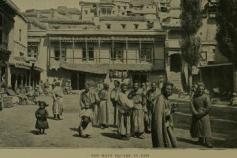
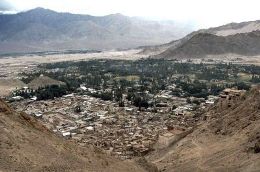
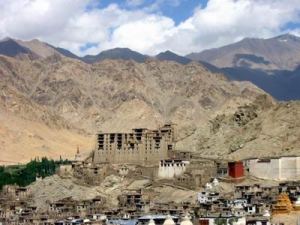


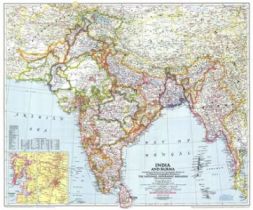

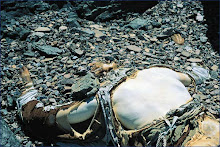







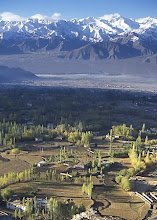
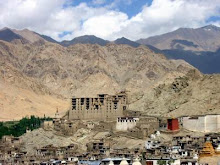















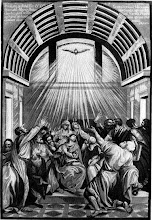












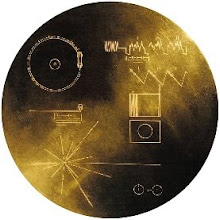


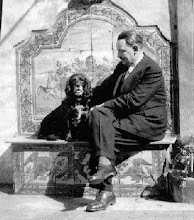















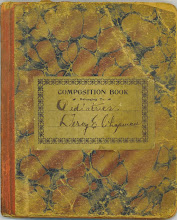




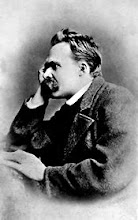






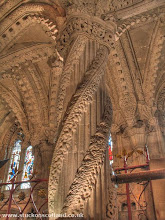
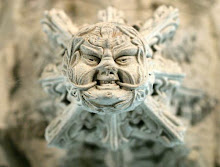








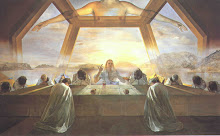











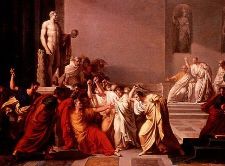







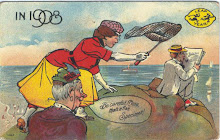



















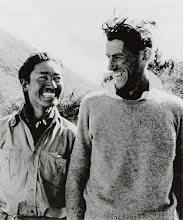

No comments:
Post a Comment